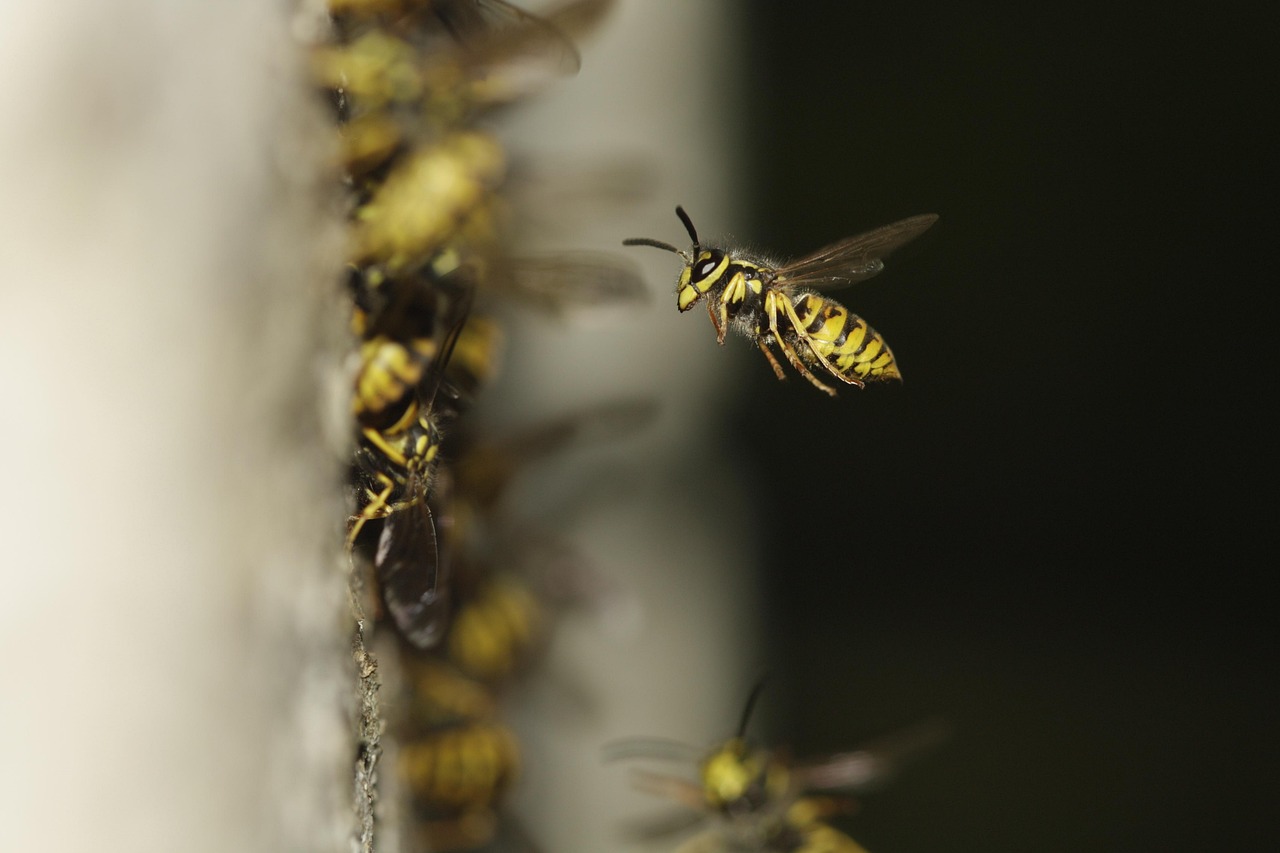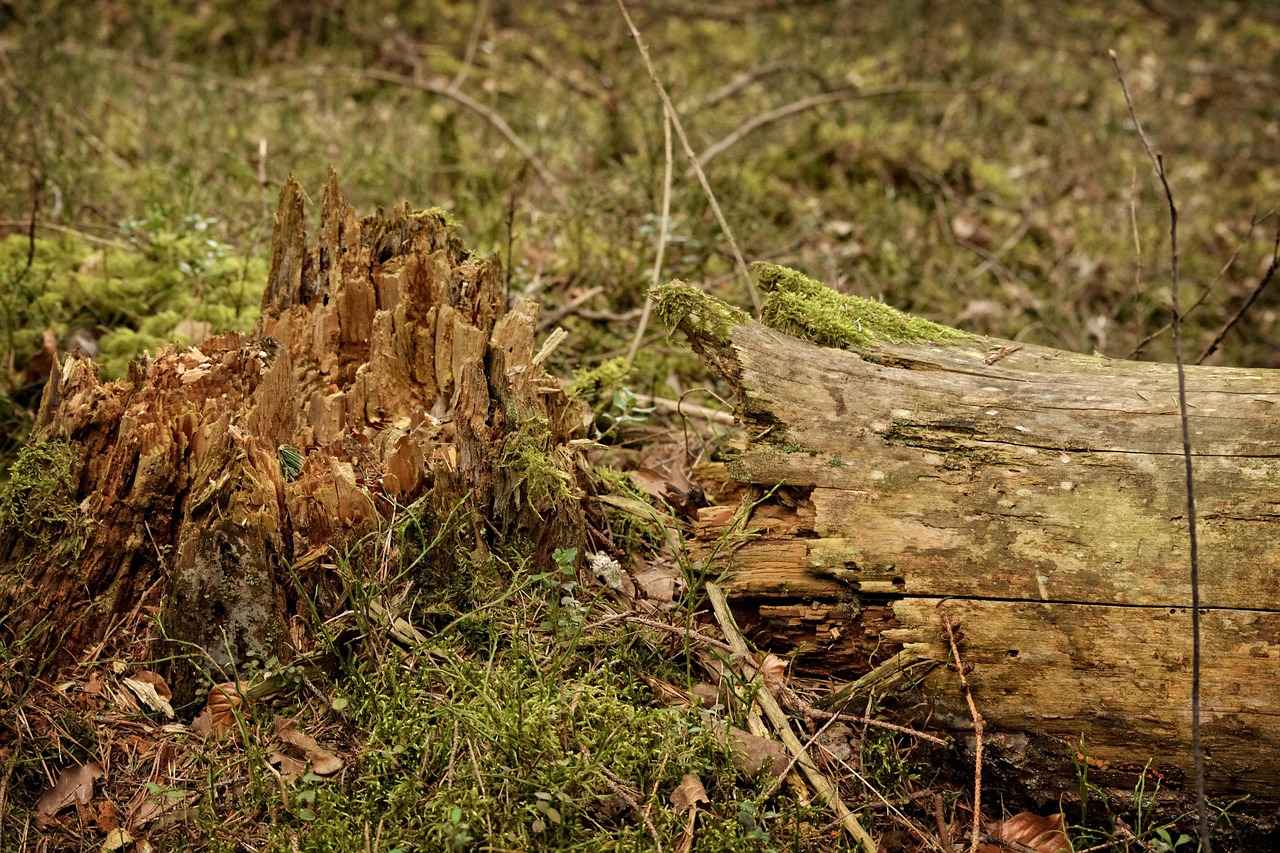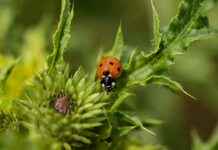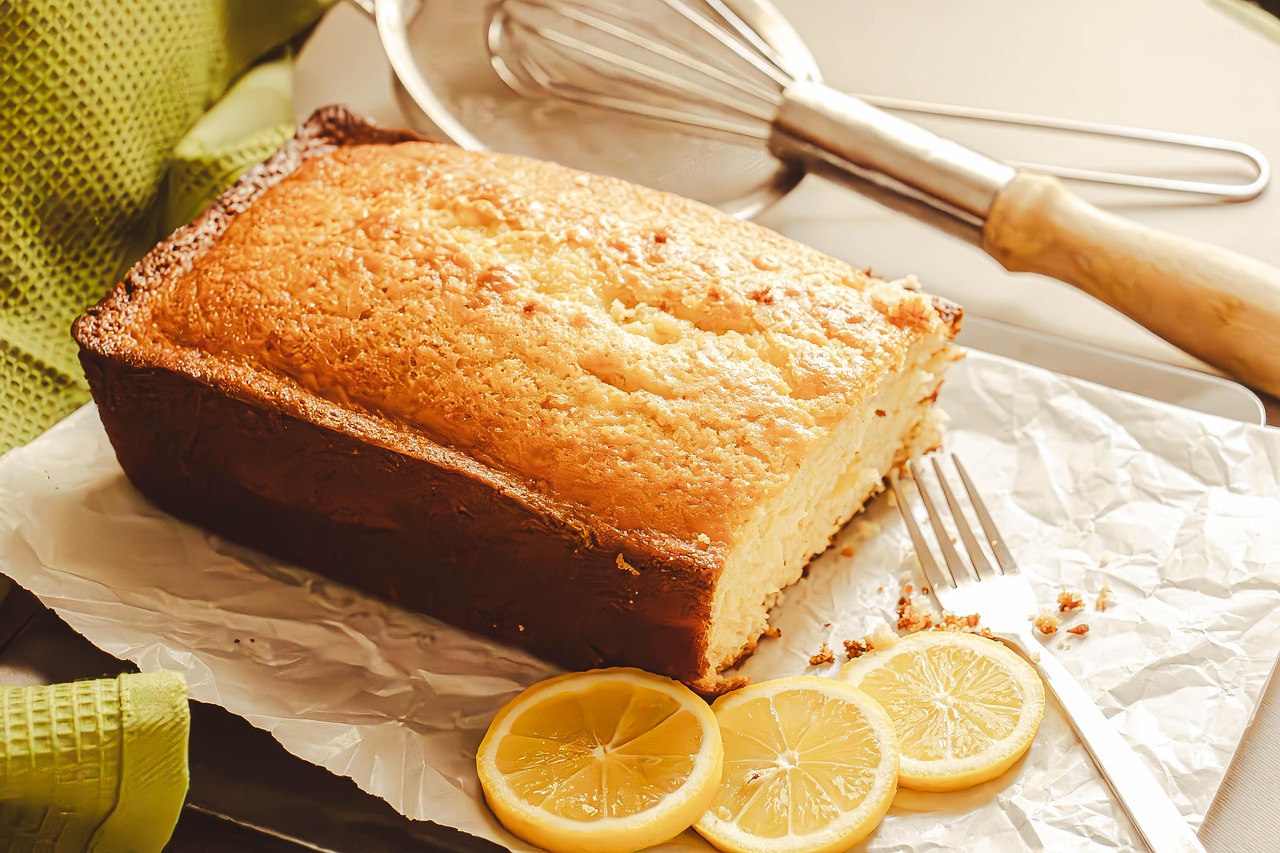This article explores effective strategies to deter wasps from your pool area using natural remedies and preventative measures, ensuring a safe and enjoyable swimming environment for everyone.
Understanding the factors that draw wasps to your pool can help you implement effective deterrents. Wasps are often attracted to food, sweet drinks, and stagnant water near your pool area. Keeping your poolside clean and free of these attractants is essential for maintaining a wasp-free zone.
Several natural remedies can effectively keep wasps at bay. These methods are eco-friendly and safe for both humans and pets, making them ideal for poolside use during the summer months.
Utilizing essential oils like peppermint, eucalyptus, and citronella can create a repellent barrier. A simple spray made from these oils can be applied around the pool area for effective results.
To make an effective wasp repellent spray:1. Mix water with a few drops of essential oils in a spray bottle.2. Shake well before each use.3. Spray around the pool area regularly to significantly reduce wasp activity.
Natural repellents are non-toxic and environmentally friendly, making them a safer alternative to chemical sprays. They also help maintain the beauty of your pool area without harmful residues.
Being mindful of food and drink placement can significantly reduce wasp attraction. Covering food, cleaning spills, and properly disposing of trash are crucial steps in wasp prevention. Always keep your pool area tidy to minimize the chances of attracting these pests.
Implementing physical barriers can also be an effective way to deter wasps from your pool area. These methods create obstacles that make it harder for wasps to access your space.
Installing screens or netting around your pool can provide an effective barrier against wasps. This solution allows you to enjoy your pool while minimizing the risk of wasp encounters.
Wasps are territorial and may avoid areas where they perceive other wasps are present. Hanging decoy nests can trick wasps into thinking the area is already claimed, keeping them away from your pool.
Understanding the seasonal behavior of wasps can aid in effective prevention strategies. Certain times of the year are more conducive to wasp activity, requiring proactive measures.
Typically, wasp activity peaks during late summer and early fall. Knowing this can help you prepare your pool area ahead of time to minimize the risk of wasp encounters.
Adjusting your poolside environment throughout the seasons can help deter wasps. Regularly cleaning and maintaining the area will make it less appealing for wasps to settle.
While many natural remedies and preventative measures can be effective, sometimes professional help is necessary. Knowing when to call an expert can save you time and frustration.
If you notice increased wasp activity or see nests forming near your pool, it may be time to seek professional assistance. Early intervention can prevent larger infestations.
Selecting a reputable pest control service is crucial for effective wasp management. Look for companies with experience in natural and humane wasp removal methods to ensure safety.
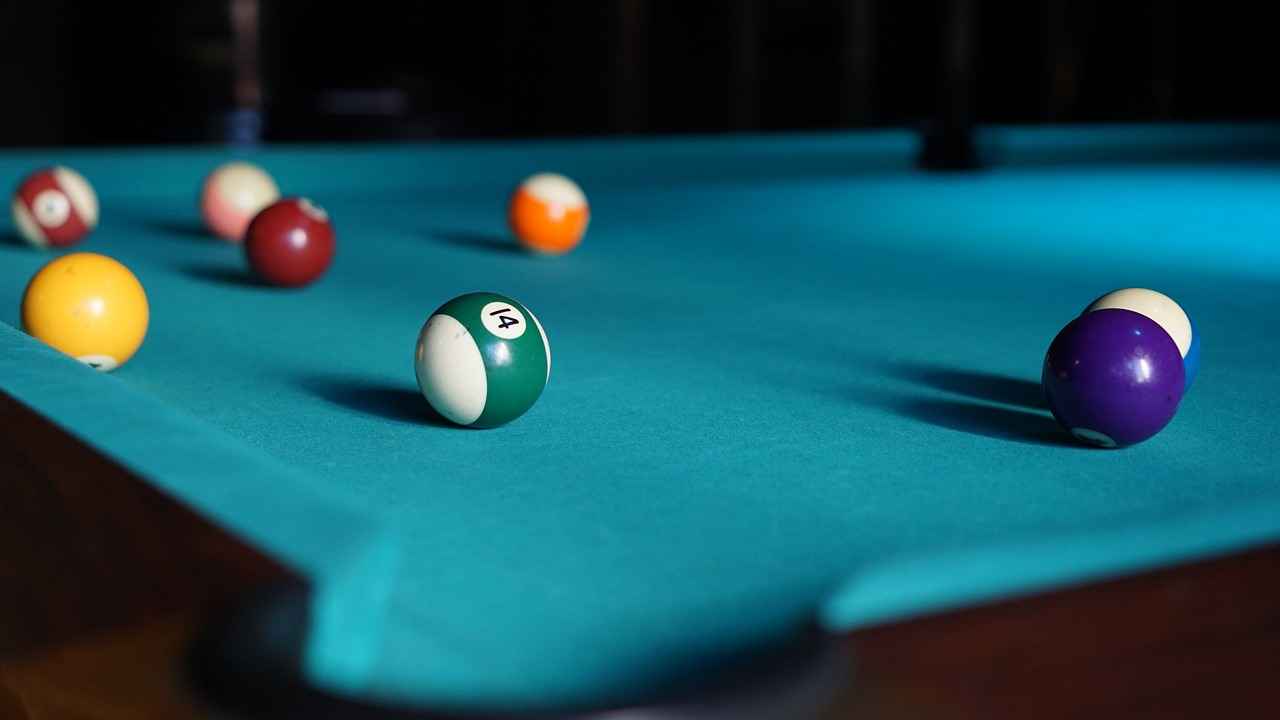
What Attracts Wasps to Your Pool?
Understanding what attracts wasps to your pool is essential for maintaining a pleasant swimming environment. Wasps are often drawn to specific elements in their surroundings, making it easier for you to implement effective deterrents. By recognizing these factors, you can take proactive steps to keep these pests at bay.
Food and Sweet Drinks are primary attractants for wasps. They have a keen sense of smell and are particularly lured by sugary substances. If you enjoy outdoor snacks or beverages near your pool, it’s crucial to manage these items carefully. Leaving food uncovered or spilling sweet drinks can create a tempting environment for wasps, leading to increased activity around your pool area.
- Cover food items when not in use.
- Clean up spills immediately to eliminate attractants.
- Store trash in sealed containers to prevent odors from escaping.
Another significant factor is Stagnant Water. Wasps need water for hydration and for their nests. If there are areas around your pool where water tends to collect, such as in flower pots, bird baths, or gutters, these can become hotspots for wasps. Ensuring that your pool area is free of stagnant water can significantly reduce the likelihood of wasps being drawn to your space.
Seasonal changes can also influence wasp behavior. During the warmer months, particularly late summer and early fall, wasps become more aggressive in their search for food and nesting sites. During this time, it’s essential to be extra vigilant in managing your pool area.
Additionally, Nearby Vegetation can play a role in attracting wasps. If your pool is surrounded by flowering plants or fruit trees, these can serve as a food source for wasps, increasing their presence in your backyard. Regularly trimming and maintaining these plants can help minimize the attraction.
Being aware of increased wasp activity is crucial for early intervention. Look for signs such as:
- Frequent wasp sightings around food or drink.
- Wasps hovering near your pool or patio.
- Visible nests in trees, eaves, or under decks.
If you notice any of these signs, it may be time to take action to deter them. Implementing preventative measures early can save you from dealing with larger infestations later on.
To effectively keep wasps away from your pool, consider the following strategies:
- Regularly clean your pool area, removing food waste and debris.
- Use natural repellents, such as essential oils, to create a barrier.
- Install physical barriers like screens or netting to prevent wasps from accessing the pool.
By understanding the factors that draw wasps to your pool and taking proactive measures, you can enjoy a more peaceful and enjoyable swimming experience. Keeping your pool area clean, managing food and drinks, and being aware of your surroundings will go a long way in deterring these pests.
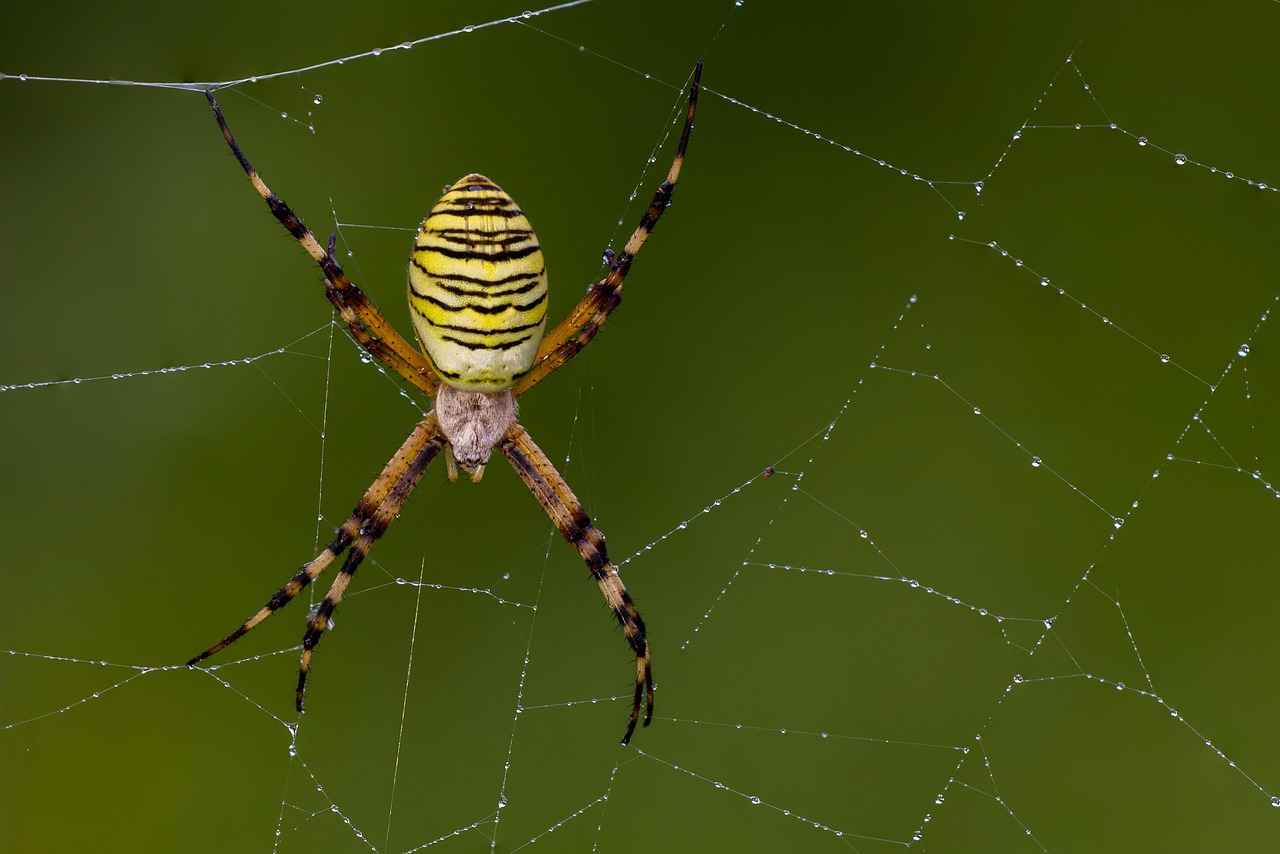
Natural Remedies to Deter Wasps
Keeping wasps away from your pool area is essential for a pleasant and safe summer experience. Wasps can be a nuisance, particularly when they are drawn to food and sugary drinks. Fortunately, there are several natural remedies that can effectively deter these pests without harming the environment or your loved ones. Below, we explore various eco-friendly methods to keep wasps at bay.
Natural remedies are not only environmentally friendly, but they also pose no risk to pets and children. Many chemical repellents can leave harmful residues, but natural alternatives offer a safe solution. By using these methods, you can maintain a beautiful poolside atmosphere while minimizing the presence of wasps.
One of the most effective natural remedies involves using essential oils. Oils such as peppermint, eucalyptus, and citronella are known for their repellent properties. You can create a simple yet effective spray by mixing these oils with water in a spray bottle. A few drops of each oil mixed with water can create a potent deterrent. Regularly applying this spray around your pool area can significantly reduce wasp activity.
Wasps are attracted to food, especially sweet items and protein sources. To minimize their presence, it’s crucial to manage food and drink around your pool. Here are some practical tips:
- Cover Food: Always keep food covered when not in use.
- Clean Up Spills: Promptly clean any spills from drinks or food.
- Dispose of Trash Properly: Use tightly sealed trash bins to prevent attracting wasps.
Implementing physical barriers can also help keep wasps at bay. Consider these options:
- Install Screens or Netting: Surround your pool with screens or netting to create a barrier against wasps.
- Use Decoy Nests: Wasps are territorial creatures. Hanging decoy nests can trick them into thinking the area is already claimed, deterring them from settling near your pool.
Understanding the seasonal behavior of wasps is vital for effective prevention. Wasps are typically more active during late summer and early fall. Here are some tips to adapt your poolside environment:
- Regular Maintenance: Keep your pool area clean and free of debris to make it less appealing to wasps.
- Monitor Wasp Activity: Be vigilant during peak seasons and take proactive measures to deter wasps before they become a problem.
Sometimes, despite your best efforts, wasps may still pose a problem. If you notice increased activity or the formation of nests nearby, it might be time to call in a professional. Early intervention is crucial to prevent larger infestations. Look for pest control services that specialize in natural and humane wasp removal methods to ensure safety for your family and pets.
By implementing these natural remedies and preventative measures, you can enjoy your pool area without the worry of wasps. Embrace these eco-friendly solutions to create a safe and inviting environment for everyone.
Essential Oils as Wasp Repellents
When it comes to keeping wasps away from your pool area, utilizing essential oils can be a highly effective and natural solution. Essential oils such as peppermint, eucalyptus, and citronella are known for their strong scents that repel these pesky insects. By creating a simple spray from these oils, you can establish a protective barrier around your pool, ensuring a more enjoyable swimming experience.
Essential oils are not only eco-friendly but also safe for both humans and pets. Unlike chemical repellents, they do not leave harmful residues or unpleasant odors. This makes them an ideal choice for families who want to maintain a safe environment while enjoying outdoor activities.
Creating an effective wasp repellent spray is simple and requires only a few ingredients:
- 1 cup of water
- 10-15 drops of peppermint essential oil
- 10-15 drops of eucalyptus essential oil
- 10-15 drops of citronella essential oil
- A spray bottle
To make the spray, combine the water and essential oils in the spray bottle. Shake well before each use. Spray around the pool area, focusing on areas where wasps are commonly seen. Regular application, especially during peak wasp activity seasons, can significantly reduce their presence.
The benefits of using essential oils as wasp repellents are numerous:
- Non-toxic: Essential oils are safe for use around children and pets.
- Environmentally friendly: They do not harm the ecosystem.
- Cost-effective: A little goes a long way, making it a budget-friendly option.
- Customizable: You can adjust the mix of oils to find what works best for your area.
While essential oils are a great start, combining them with other preventative measures can enhance their effectiveness:
- Keep Food Covered: Ensure that all food and drinks are covered to avoid attracting wasps.
- Clean Up Spills: Promptly clean any spills or crumbs that may attract wasps.
- Manage Waste Properly: Seal trash bins tightly and dispose of waste regularly.
By utilizing essential oils like peppermint, eucalyptus, and citronella, you can effectively create a natural barrier against wasps around your pool. This eco-friendly approach not only enhances your outdoor experience but also promotes a healthier environment. Regular application and combining these oils with good hygiene practices will help keep your pool area wasp-free.
How to Create Your Own Essential Oil Spray
Creating your own essential oil spray for wasp repellent is a simple and effective way to keep these pesky insects at bay. This natural solution not only helps in reducing wasp activity around your pool but also contributes to a safer environment for you and your family. Below, we will explore the steps to make this spray, the essential oils to use, and additional tips for optimal results.
- Water: 1 cup of distilled water
- Essential Oils: 10-15 drops of your choice (peppermint, eucalyptus, or citronella)
- Spray Bottle: A clean, empty spray bottle (preferably glass or BPA-free plastic)
- Optional: A tablespoon of liquid soap (to help emulsify the oils)
- Prepare Your Spray Bottle: Ensure your spray bottle is clean and dry. If you are reusing a bottle, rinse it thoroughly to eliminate any residue from previous contents.
- Mix the Ingredients: In a bowl, combine the distilled water and essential oils. If using liquid soap, add it to the mixture. This helps the oils blend better with the water.
- Transfer the Mixture: Using a funnel, pour the mixture into the spray bottle. Make sure to leave some space at the top for shaking.
- Shake Well: Before each use, shake the bottle well to ensure the oils are evenly distributed in the water.
- Application: Spray the mixture around your pool area, focusing on areas where wasps are likely to gather, such as near trash cans, food areas, and stagnant water.
Essential oils are not only effective in repelling wasps, but they also provide a pleasant aroma. Peppermint oil is particularly effective due to its strong scent, which wasps find unappealing. Eucalyptus and citronella are also known for their insect-repelling properties, making them excellent choices for your spray.
- Regular Application: Reapply the spray every few days, especially after rain or pool use, to maintain its effectiveness.
- Test for Allergies: Before widespread use, conduct a patch test to ensure no one in your household is allergic to the essential oils used.
- Combine with Other Methods: Use the spray in conjunction with other preventative measures, such as keeping food covered and cleaning up spills promptly.
While essential oils are generally safe, it is important to use them responsibly. Keep the spray out of reach of children and pets, and avoid spraying directly on skin or in eyes. If you experience any irritation, discontinue use immediately and consult a medical professional.
By following these steps and tips, you can create an effective essential oil spray that not only repels wasps but also enhances your outdoor experience. Enjoy your pool without the worry of unwanted insects!
Benefits of Using Natural Repellents
When it comes to keeping your pool area safe and enjoyable, natural repellents are an excellent choice. These alternatives are not only non-toxic but also environmentally friendly, making them a preferred option for families and pet owners alike. In this section, we will explore the various benefits of using natural repellents around your pool.
- Safety for Children and Pets: One of the most significant advantages of natural repellents is their safety. Unlike chemical sprays that can cause harm to children and pets, natural options are made from ingredients that are generally recognized as safe. This means you can enjoy your poolside without worrying about harmful residues.
- Eco-Friendly Solutions: Natural repellents help protect the environment. Many chemical repellents contain harmful substances that can leach into the soil and waterways, causing ecological damage. By choosing natural options, you contribute to a healthier ecosystem and promote biodiversity around your pool area.
- Maintaining Aesthetic Appeal: Chemical sprays often leave behind residues that can mar the beauty of your pool area. In contrast, natural repellents typically do not leave any unsightly marks or scents, allowing you to keep your pool area looking pristine while effectively deterring pests.
- Cost-Effectiveness: Many natural repellents can be made at home using common household ingredients. For example, a simple spray made from essential oils can be created at a fraction of the cost of commercial repellents. This not only saves you money but also allows you to customize your repellent to suit your preferences.
- Long-Lasting Effects: While some may assume that natural repellents are less effective, many essential oils have properties that can deter wasps and other pests for extended periods. Regular application can create a protective barrier that keeps your pool area less appealing to these unwelcome visitors.
- Holistic Approach: Using natural repellents aligns with a holistic approach to pest control. Instead of simply eliminating wasps, you are creating an environment that discourages them from coming near. This can lead to a more balanced ecosystem in your outdoor space.
In conclusion, incorporating natural repellents into your poolside maintenance routine offers numerous benefits. From ensuring safety for your loved ones to protecting the environment, these solutions are effective and practical. By choosing natural methods, you not only enhance your pool experience but also contribute to a healthier planet.
Food and Drink Management Around the Pool
Managing food and drink effectively around your pool area is crucial for minimizing the attraction of wasps. These persistent insects are drawn to the scents and residues left by food and beverages, making it essential to adopt proactive measures. Here are some strategies to consider:
- Cover Food and Beverages: Always keep food items covered when not in use. Use lids, containers, or even food tents to shield your snacks from curious wasps.
- Clean Up Spills Immediately: Wasps are particularly attracted to sweet and sugary substances. Clean any spills or crumbs promptly to remove potential food sources.
- Proper Trash Disposal: Ensure that trash bins are tightly sealed and emptied regularly. Wasps can be attracted to the odors emanating from garbage, so using bins with secure lids is essential.
- Choose Wasp-Resistant Foods: If you plan to eat outdoors, consider foods that are less appealing to wasps, such as savory snacks instead of sweet ones. This can help reduce their interest in your pool area.
In addition to these measures, it’s important to consider the environmental factors that can attract wasps:
- Stagnant Water: Ensure there are no stagnant water sources nearby, such as open containers or puddles. Wasps are also drawn to water, especially during hot weather.
- Fruit Trees and Gardens: If you have fruit-bearing plants or trees near your pool, be vigilant about fallen fruit. Ripe or decaying fruit can attract wasps, so regular maintenance is key.
Implementing these strategies will not only help keep wasps at bay but also enhance your overall poolside experience. A clean and well-maintained area will allow you and your guests to enjoy the sun and water without the worry of wasp encounters.
Furthermore, consider creating a designated eating area away from the pool. By moving food and drinks a reasonable distance from the water, you can effectively reduce the likelihood of attracting wasps to your immediate swimming space. This simple adjustment can make a significant difference in your poolside comfort.
Lastly, educating your guests about these practices can also be beneficial. Informing them about keeping food covered and cleaning up after themselves will foster a collective effort to minimize wasp attraction around the pool area. With everyone on board, you’ll create a more enjoyable environment for all.
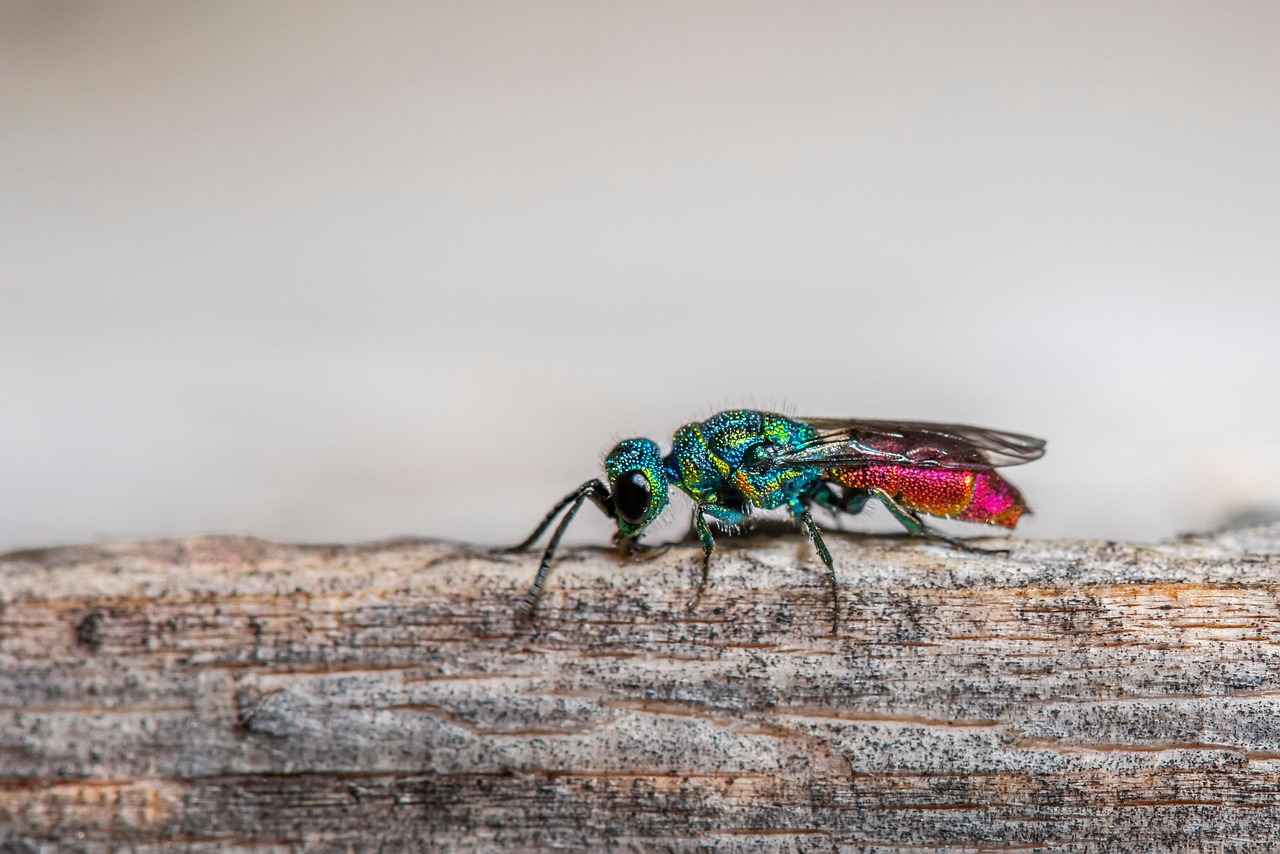
Physical Barriers to Keep Wasps Away
When it comes to enjoying your pool during the warmer months, keeping wasps at bay is essential for a pleasant experience. Implementing physical barriers can be an effective way to deter wasps from your pool area. These methods create obstacles that make it harder for wasps to access your space, providing you with a safer environment for relaxation and recreation.
Physical barriers serve as a deterrent by limiting the access points for wasps, making it difficult for them to invade your space. By obstructing their entry, you can significantly reduce the likelihood of wasp encounters. These barriers are particularly useful because they do not rely on chemicals, making them a safer option for families and pets.
- Mesh Screens: Installing fine mesh screens around your pool area can effectively keep wasps out while allowing airflow. These screens can be added to existing structures or as standalone installations.
- Netting: Similar to mesh screens, netting can be draped over pool areas or outdoor furniture. This lightweight option is easy to install and remove as needed.
- Decoy Nests: Wasps are territorial creatures. Hanging decoy nests can trick wasps into believing that the area is already claimed, discouraging them from establishing their own nests nearby.
- Physical Barriers Around Food: If you’re enjoying a meal by the pool, consider using cloches or food covers to shield your food from wasps. This simple step can significantly reduce their attraction to your area.
When installing barriers, it’s crucial to ensure they are secure and cover all potential entry points. Here are some practical tips:
- Measure Your Space: Before purchasing screens or netting, accurately measure the dimensions of your pool area to ensure a snug fit.
- Choose the Right Material: Opt for durable and weather-resistant materials that can withstand outdoor conditions.
- Regular Maintenance: Periodically check your barriers for any wear and tear. Repair or replace damaged sections promptly to maintain their effectiveness.
While physical barriers are effective, combining them with other preventative measures can enhance your wasp control strategy. Keeping your pool area clean by regularly disposing of trash and cleaning spills will make your space less appealing to wasps. Additionally, using natural repellents can complement the physical barriers, providing a multi-faceted approach to wasp prevention.
As wasp activity fluctuates with the seasons, it’s vital to adapt your barrier strategies accordingly. During peak wasp seasons, such as late summer and early fall, ensure that your barriers are in place and functioning optimally. Consider increasing the number of decoy nests or reinforcing your screens during these times.
In conclusion, implementing physical barriers is a proactive way to keep wasps away from your pool area. By understanding the various options available and combining them with other preventative measures, you can create a safe and enjoyable environment for all your outdoor activities.
Using Screens and Netting
When it comes to enjoying your pool during the warm months, keeping wasps at bay is essential for a pleasant experience. One effective method to achieve this is by installing screens or netting around your pool area. This solution not only enhances your pool’s aesthetics but also creates a protective barrier that significantly reduces the chances of wasp encounters.
Wasps are known for their aggressive behavior, especially when they feel threatened or are searching for food. By using screens and netting, you can create a physical barrier that deters these pests from entering your pool area. This method is particularly beneficial because:
- It provides a long-term solution: Unlike temporary fixes, screens and netting offer a durable way to keep wasps at bay throughout the season.
- It enhances safety: Protecting your swimming space from wasps ensures that you and your guests can enjoy the water without fear of stings.
- It allows for ventilation: Screens can help maintain airflow, preventing your pool area from feeling closed off while still keeping wasps out.
There are various options available for screens and netting that cater to different needs and preferences:
- Mesh Screens: These are lightweight and can be easily installed around the perimeter of your pool. They are effective at keeping wasps out while allowing sunlight and air to pass through.
- Retractable Screens: Ideal for those who want flexibility, retractable screens can be opened or closed as needed, providing convenience without sacrificing protection.
- Netting Covers: If you prefer a more comprehensive solution, netting covers can be placed over the entire pool area when not in use, offering complete protection from wasps and other pests.
Proper installation is key to ensuring that your screens and netting effectively keep wasps away. Here are some tips to consider:
- Measure Accurately: Before purchasing screens or netting, measure your pool area carefully to ensure a proper fit.
- Choose Quality Materials: Opt for durable, weather-resistant materials that can withstand outdoor conditions.
- Secure Installation: Make sure that the screens or netting are securely fastened to prevent any gaps where wasps could enter.
To ensure the longevity and effectiveness of your screens, regular maintenance is essential. Consider the following:
- Regular Cleaning: Clean the screens and netting periodically to remove dirt, debris, and any potential nests that may form.
- Inspect for Damage: Routinely check for tears or holes that could allow wasps to enter and repair them promptly.
- Seasonal Adjustments: Depending on the time of year, you may need to adjust your screens or netting to accommodate changes in weather or wasp activity.
In conclusion, installing screens or netting around your pool is a practical and effective way to minimize wasp encounters. By creating a physical barrier, you can enjoy your pool with peace of mind, knowing that you have taken proactive steps to protect your space from these unwanted pests.
Creating Decoy Nests
is an innovative and effective strategy for keeping wasps away from your pool area. Wasps are inherently territorial creatures, and they often avoid areas where they perceive other wasps are present. By utilizing this natural behavior, you can create an environment that discourages wasps from invading your space.
To understand the effectiveness of decoy nests, it’s essential to recognize how wasps operate. They establish territories and are less likely to approach areas that they believe are already claimed. Therefore, hanging decoy nests can trick wasps into thinking that the area around your pool is already occupied, effectively keeping them at bay.
What Materials Do You Need?
- Brown paper bags or old balloons
- String or fishing line for hanging
- Scissors (if needed for shaping)
How to Make a Decoy Nest
1. Take a brown paper bag and inflate it slightly, or use a balloon to create a round shape.2. Tie off the end of the bag or balloon securely.3. Hang the decoy nest in a visible location around your pool area, ideally away from your main gathering spots.4. Consider making multiple decoy nests and placing them in various locations to increase effectiveness.
It’s important to note that the decoy nests should be placed in areas that are highly visible to wasps. They should mimic the appearance of a real wasp nest to effectively deter other wasps. You can also enhance the effectiveness by placing these nests in strategic locations, such as near trash bins or food areas, where wasps are likely to be attracted.
How Effective Are Decoy Nests?
Studies have shown that decoy nests can significantly reduce wasp activity in treated areas. The presence of these artificial nests can lead to decreased wasp sightings, allowing you and your guests to enjoy your pool without the annoyance of these pests.
Furthermore, decoy nests are a non-toxic and environmentally friendly solution, making them a preferable option compared to chemical repellents. They do not pose any harm to humans, pets, or the surrounding ecosystem, ensuring a safe swimming environment for everyone.
Additional Tips for Maximizing Effectiveness
- Regularly check and maintain your decoy nests to ensure they remain intact and visible.
- Combine the use of decoy nests with other deterrents, such as essential oils and proper food management, to create a comprehensive wasp prevention strategy.
- Monitor wasp activity and adjust the number and placement of decoy nests as needed.
In conclusion, creating and utilizing decoy nests is a simple yet effective method to deter wasps from your pool area. By understanding their territorial nature and strategically placing these nests, you can enjoy your outdoor space without the worry of wasp encounters.
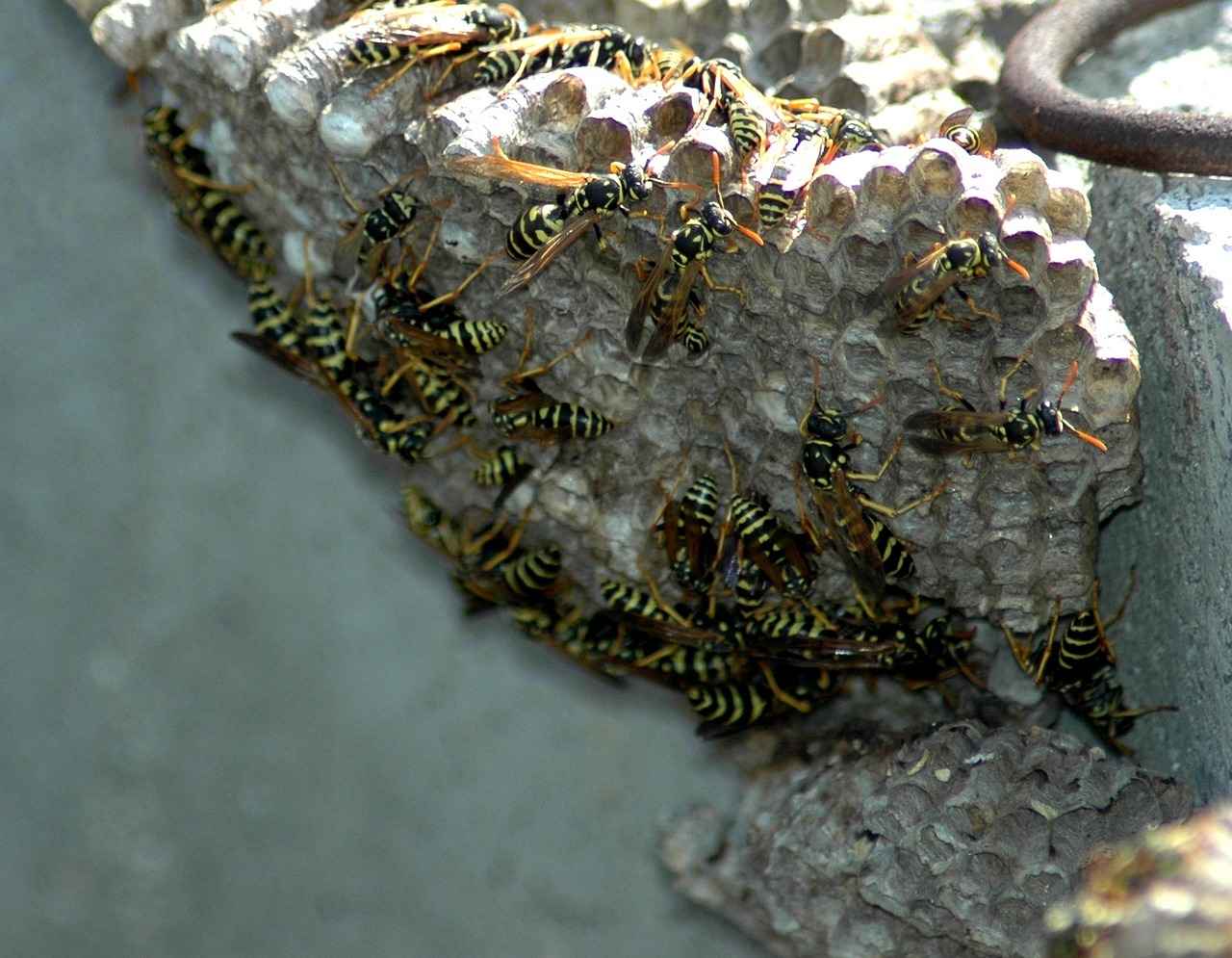
Seasonal Considerations for Wasp Prevention
Understanding the seasonal behavior of wasps is crucial for implementing effective prevention strategies. Certain times of the year are more conducive to wasp activity, requiring proactive measures to keep them at bay. In this section, we will explore how seasonal changes influence wasp behavior and the essential steps you can take to minimize their presence around your pool area.
Wasps typically exhibit increased activity during the late summer and early fall. This surge in activity is primarily due to the reproductive cycle of wasps, as they seek food sources to support their growing colonies. As temperatures rise, wasps become more aggressive in their search for food, making it vital to understand their patterns to prevent unwanted encounters.
To effectively manage wasp activity, it’s essential to identify the peak seasons when they are most likely to invade your pool area. Generally, wasp populations begin to rise in the late spring, reaching their maximum in August and September. By recognizing these patterns, you can take proactive measures in advance.
- Regular Cleaning: Keep your pool area clean and free of food debris. Regularly remove any leftover food, spills, and trash that might attract wasps.
- Seal Entry Points: Inspect your pool area for potential entry points where wasps could build nests. Seal any gaps or openings in your pool house or surrounding structures.
- Monitor Nesting Sites: Check for wasp nests in nearby trees, eaves, or other sheltered areas. Early detection is key to preventing larger infestations.
Adapting your poolside environment can significantly reduce the likelihood of wasp encounters. Here are some practical tips:
- Seasonal Decorations: During peak wasp seasons, consider removing decorative items that may attract them, such as brightly colored pool floats or flower arrangements.
- Water Management: Ensure that there are no stagnant water sources near your pool, as wasps are attracted to standing water.
- Food and Drink Precautions: When hosting gatherings, keep food and drinks covered and dispose of trash promptly. This will help minimize wasp attraction.
During the peak seasons of wasp activity, employing natural deterrents can be highly effective. Essential oils such as peppermint and eucalyptus can be used to create homemade sprays that repel wasps. Additionally, consider placing decoy nests around your pool area, as wasps are territorial and may avoid areas they perceive as already claimed.
Despite your best efforts, there may be times when wasp populations become overwhelming. If you notice increased activity or nests forming near your pool, it may be time to seek professional assistance. Early intervention can prevent larger infestations and ensure a safe swimming environment.
By understanding the seasonal behavior of wasps and taking proactive measures, you can create a safe and enjoyable pool area for you and your guests. Remember, preparation is key to effective wasp management.
Identifying Peak Wasp Seasons
Understanding the seasonal patterns of wasp activity is crucial for effective management and prevention strategies. can help you take proactive measures to ensure a safe and enjoyable pool environment.
Wasp activity is generally highest during late summer and early fall. As temperatures rise, wasps become more active, searching for food sources to sustain their colonies. This period is particularly critical as wasps are more aggressive, especially when their nests are disturbed.
During late summer, wasp colonies reach their peak population. This increase in numbers is due to the queen laying eggs in the spring, leading to a growing workforce. As the season progresses, the food supply becomes more competitive, making wasps more likely to scavenge near human activities, such as pool areas.
- Regular Cleaning: Ensure that your pool area is free from food debris and spills. Clean up any leftover snacks or drinks immediately.
- Secure Trash Bins: Use tightly sealed trash cans to prevent wasps from being attracted to food waste.
- Cover Food and Drinks: If you are hosting a gathering, cover all food items and beverages to minimize scent exposure.
As summer transitions into fall, consider making adjustments to your poolside environment. Regular maintenance is essential; this includes:
- Removing Standing Water: Ensure there are no areas of stagnant water, as wasps are attracted to moisture.
- Trimming Vegetation: Keep shrubs and plants well-trimmed to reduce potential nesting sites.
- Using Natural Repellents: Incorporate natural deterrents, such as essential oils, around your pool area.
If you notice increased wasp activity, especially near your pool, it’s essential to remain calm. Avoid swatting at them, as this can provoke an aggressive response. Instead, consider the following:
- Leave the Area: If possible, move away from the pool area to reduce your chances of attracting them.
- Monitor for Nests: Keep an eye out for any wasp nests nearby. If you spot one, it may be time to consult a pest control professional.
Be vigilant for signs that indicate wasp activity is on the rise:
- Frequent Sightings: If you see several wasps flying around your pool area, it may signal that they are establishing a presence.
- Noise Levels: A noticeable buzzing sound can indicate a nearby nest.
- Food Theft: If wasps begin to invade your food or drinks, it’s a clear sign they are attracted to your environment.
By understanding the peak seasons for wasp activity and implementing effective preventative measures, you can significantly reduce the risk of wasp encounters around your pool. Preparation and vigilance are key to ensuring a safe and enjoyable swimming experience throughout the warmer months.
Adapting Your Poolside Environment
Adapting your poolside environment is essential for maintaining a pleasant and safe swimming area, especially when it comes to deterring wasps. These insects can become a nuisance during the warmer months, drawn to food, sugary drinks, and even the stagnant water that sometimes collects around pools. By implementing a few strategic changes throughout the seasons, you can significantly reduce the likelihood of wasps invading your pool area.
Regular maintenance of your poolside environment is crucial in keeping wasps at bay. A clean area is less inviting for these pests. By consistently removing debris, such as fallen leaves and food scraps, you create an unappealing habitat for wasps. Wasps are more likely to settle in areas that offer food sources and shelter, so maintaining a tidy space is a proactive approach to prevention.
Different seasons bring varying challenges and opportunities for wasp management. Here are some tips on how to adjust your poolside environment throughout the year:
- Spring: As the weather warms, wasps begin to emerge. Start by clearing out your pool area of any debris and potential food sources. Ensure that trash cans are tightly sealed.
- Summer: This is when wasp activity peaks. Regularly check for nests and keep the area clean. Consider using natural repellents, such as essential oil sprays, to create a barrier around your pool.
- Fall: As the season progresses, wasps become more aggressive in search of food. Continue to maintain cleanliness and be vigilant about removing any food or drink spills immediately.
- Winter: While wasps are less active, it’s still important to prepare your pool area for the next season. Clean up any remnants of food and ensure that your pool cover is secure.
In addition to regular cleaning, consider the following strategies to make your poolside less appealing to wasps:
- Remove Standing Water: Stagnant water is a significant attractant for wasps. Regularly check for and eliminate any standing water around your pool area.
- Cover Food and Drinks: Always keep food and beverages covered when not in use. This simple practice can significantly reduce the chances of attracting wasps.
- Use Natural Repellents: Essential oils, such as peppermint or eucalyptus, can be effective in deterring wasps. Create a spray and apply it around the pool area regularly.
Maintaining a clean and well-adapted poolside environment not only helps in deterring wasps but also enhances the overall swimming experience. A tidy area is more inviting for family and friends, allowing everyone to enjoy the pool without the fear of wasp encounters. Furthermore, a well-kept environment contributes to the longevity of your pool and surrounding structures.
By being proactive and adapting your poolside environment throughout the seasons, you can create a more enjoyable and safe swimming area. Regular maintenance, combined with strategic adjustments, will help keep wasps at bay and ensure that your pool remains a relaxing oasis.
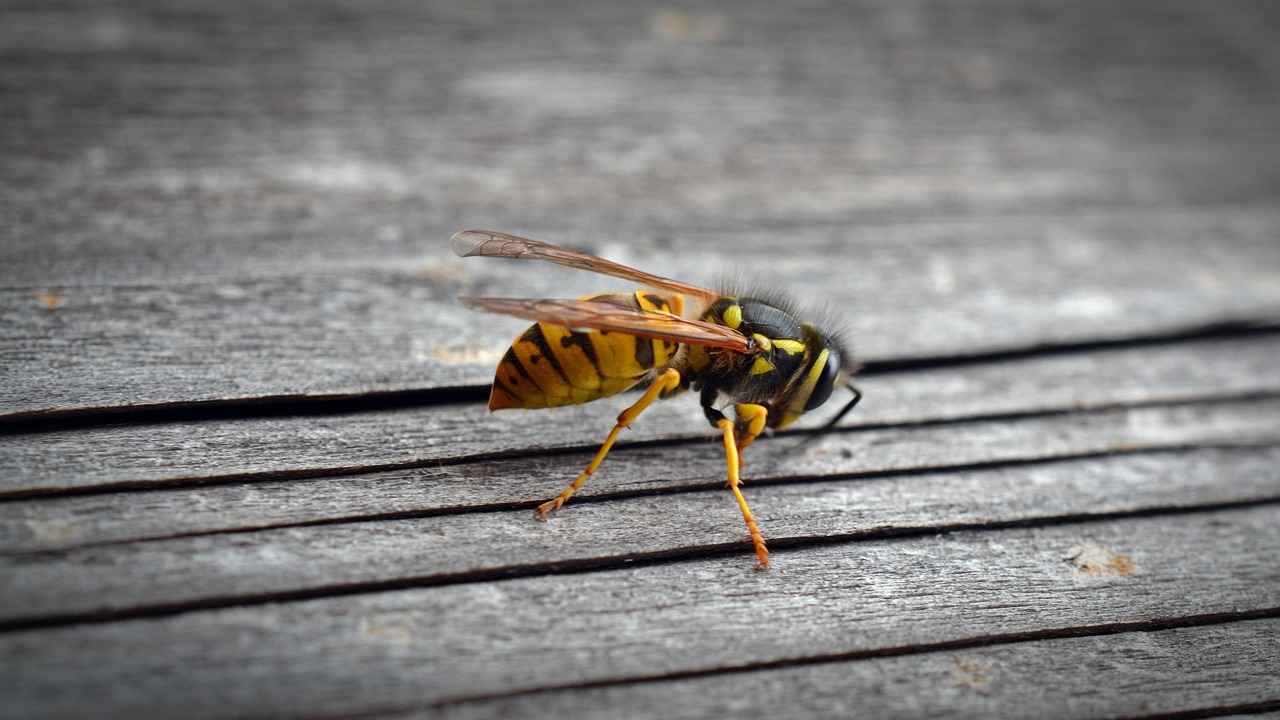
When to Call a Professional for Wasp Control
When it comes to managing wasps around your pool, many homeowners prefer to rely on natural remedies and preventative measures. However, it’s essential to recognize that there are times when professional help is not just beneficial but necessary. Understanding the signs that indicate a need for expert assistance can help you avoid potential hazards and save you time and frustration.
While DIY methods can be effective, they may not always address the root of the problem. Here are some reasons you might need to call in the professionals:
- Increased Wasp Activity: If you notice a sudden spike in wasp presence around your pool, it could indicate that a nest is nearby.
- Nest Formation: Spotting a nest, especially near high-traffic areas, is a clear sign that you need expert intervention.
- Allergies and Health Risks: If anyone in your household has severe allergies to wasp stings, it’s crucial to act swiftly and safely.
Recognizing the signs of a wasp nest is vital for timely intervention. Look for:
- Visible Nests: These can often be found in sheltered areas like eaves, tree branches, or shrubs.
- Frequent Wasp Traffic: If you see wasps consistently flying to and from a specific location, it’s likely they have established a nest there.
When you decide to hire a pest control service, here’s what you can expect:
- Inspection: Professionals will conduct a thorough inspection of your property to locate nests and assess the level of infestation.
- Safe Removal: Experts use specialized equipment and techniques to safely remove nests without putting your family or pets at risk.
- Prevention Strategies: After removal, they will provide advice on how to prevent future infestations, including environmental adjustments and ongoing monitoring.
Selecting a reputable pest control service is crucial for effective wasp management. Consider the following:
- Experience: Look for companies that specialize in wasp control and have positive customer reviews.
- Humane Methods: Opt for services that prioritize humane and environmentally friendly removal methods.
- Licensing and Insurance: Ensure the company is licensed and insured to protect yourself from liability.
The cost of hiring a pest control service can vary based on several factors:
- Location: Prices may differ depending on your geographical area.
- Extent of Infestation: More extensive infestations will typically require more time and resources, increasing costs.
- Follow-up Services: Some companies offer ongoing monitoring and prevention services, which can affect the overall price.
In conclusion, while natural remedies and preventative measures are often effective, knowing when to call a professional for wasp control is critical for maintaining a safe environment. Early detection and intervention can save you from the stress and danger associated with wasp infestations.
Signs of a Wasp Nest Nearby
Understanding the is crucial for maintaining a safe and enjoyable pool environment. Wasps can become a nuisance, especially during peak seasons, and knowing how to identify their presence can help you take proactive measures to protect your space.
Several signs can indicate that wasps are making your pool area their home. Paying attention to these cues can help you act swiftly:
- Increased Wasp Sightings: If you notice a significant rise in wasp activity, particularly during the warmer months, it could signal that a nest is nearby.
- Nest Formation: Look for nests, which can vary in size and shape. They are often found in sheltered areas such as under eaves, in trees, or even within poolside furniture.
- Buzzing Sounds: A persistent buzzing noise near your pool can indicate that wasps are nearby. This sound is particularly noticeable when they are disturbed.
- Wasps Entering and Exiting: Observing wasps frequently entering and exiting a specific area can help pinpoint the location of their nest.
Taking note of these signs is essential because early detection allows for timely intervention, which can prevent a larger infestation. If you see an increase in wasp activity or nests forming, it may be time to consider professional assistance.
Ignoring these signs can lead to an escalation of the problem, resulting in a more significant wasp population that can become aggressive, especially if their nest is threatened. A single nest can house hundreds of wasps, making it crucial to act before they become a larger concern.
If you suspect that a nest is nearby, here are some steps you can take:
- Do Not Disturb the Nest: Avoid approaching the nest, as wasps can become defensive and aggressive if they feel threatened.
- Observe from a Distance: Monitor the nest from a safe distance to determine the level of activity and the best time to seek professional help.
- Contact a Professional: If the nest is within close proximity to your pool area, contacting a pest control expert is advisable. They can assess the situation and provide safe removal options.
After addressing any current wasp issues, it’s important to implement preventive measures to deter future nests:
- Regularly Inspect Your Property: Routine checks around your pool and property can help you spot potential nesting sites early.
- Maintain Cleanliness: Keeping the pool area free of food scraps and spills will reduce the attraction for wasps.
- Seal Entry Points: Ensure that any gaps or holes in structures near your pool are sealed to prevent wasps from nesting.
By being vigilant and proactive, you can significantly reduce the likelihood of wasps becoming a problem in your pool area. Always remember that safety comes first, and when in doubt, seek the expertise of professionals.
Choosing the Right Pest Control Service
When it comes to managing wasps effectively, selecting the right pest control service is essential. This decision can significantly impact the safety and comfort of your outdoor spaces, especially around areas like pools where people gather. A reputable pest control company will not only address the immediate wasp problem but also implement long-term strategies to prevent future infestations.
Choosing a reputable pest control service is important for several reasons:
- Expertise: A well-established company will have trained professionals who understand the behavior of wasps and the most effective removal methods.
- Safety: Professional services prioritize safety, using methods that are not only effective but also humane and environmentally friendly.
- Long-term Solutions: Reputable companies offer comprehensive plans that address the root causes of infestations, reducing the likelihood of future problems.
When searching for a pest control service, consider the following factors:
- Experience: Look for companies that have a proven track record in managing wasp infestations specifically.
- Natural Methods: Ensure the company uses natural and humane removal methods to protect your family and pets.
- Customer Reviews: Check online reviews and testimonials to gauge customer satisfaction and service quality.
- Licensing and Insurance: Always choose a company that is licensed and insured to ensure they meet industry standards.
After selecting a pest control service, it’s important to evaluate their effectiveness:
- Follow-Up Visits: A good service will provide follow-up visits to ensure the wasp problem is fully resolved.
- Prevention Advice: They should offer advice on how to prevent future infestations, such as proper food storage and eliminating standing water.
- Transparency: The company should clearly communicate the methods used and any necessary precautions to take.
Recognizing when to call in the experts can save you time and frustration. Signs that indicate the need for professional intervention include:
- Increased Activity: If you notice a significant increase in wasp activity around your home, it may be time to call for help.
- Nest Formation: Spotting nests near your pool or home is a clear sign that you need professional assistance.
- Allergic Reactions: If anyone in your household has a known allergy to wasp stings, immediate action is crucial.
In conclusion, selecting a reputable pest control service is a vital step in managing wasps effectively. By considering the factors mentioned above and being proactive in your approach, you can ensure a safe and enjoyable environment around your pool.
Frequently Asked Questions
- What attracts wasps to my pool area?
Wasps are often drawn to your pool due to food, sweet drinks, and stagnant water. Keeping these elements in check can help minimize their presence.
- How can I make a natural wasp repellent?
You can create a simple wasp repellent by mixing a few drops of essential oils like peppermint, eucalyptus, or citronella with water in a spray bottle. Regularly applying this around your pool can keep wasps at bay.
- Are there physical barriers I can use to deter wasps?
Absolutely! Installing screens or netting around your pool can effectively block wasps. Additionally, hanging decoy nests can trick them into thinking the area is already claimed.
- When is wasp season?
Wasp activity typically peaks during late summer and early fall. Being proactive during these months can help you avoid unwanted encounters at your pool.
- When should I call a professional for wasp control?
If you notice increased wasp activity or see nests forming nearby, it’s time to seek professional help. Early intervention can prevent larger infestations and ensure your safety.

